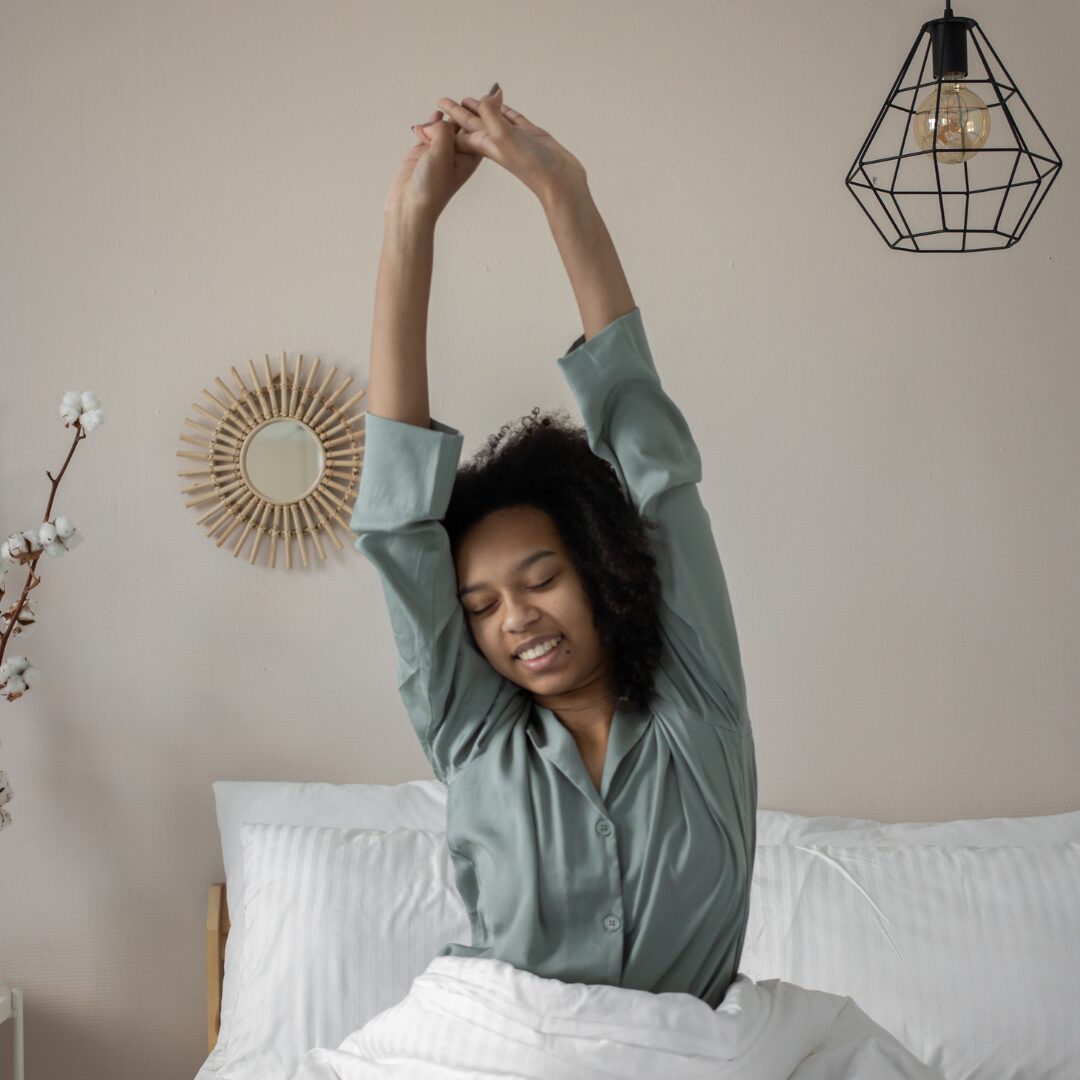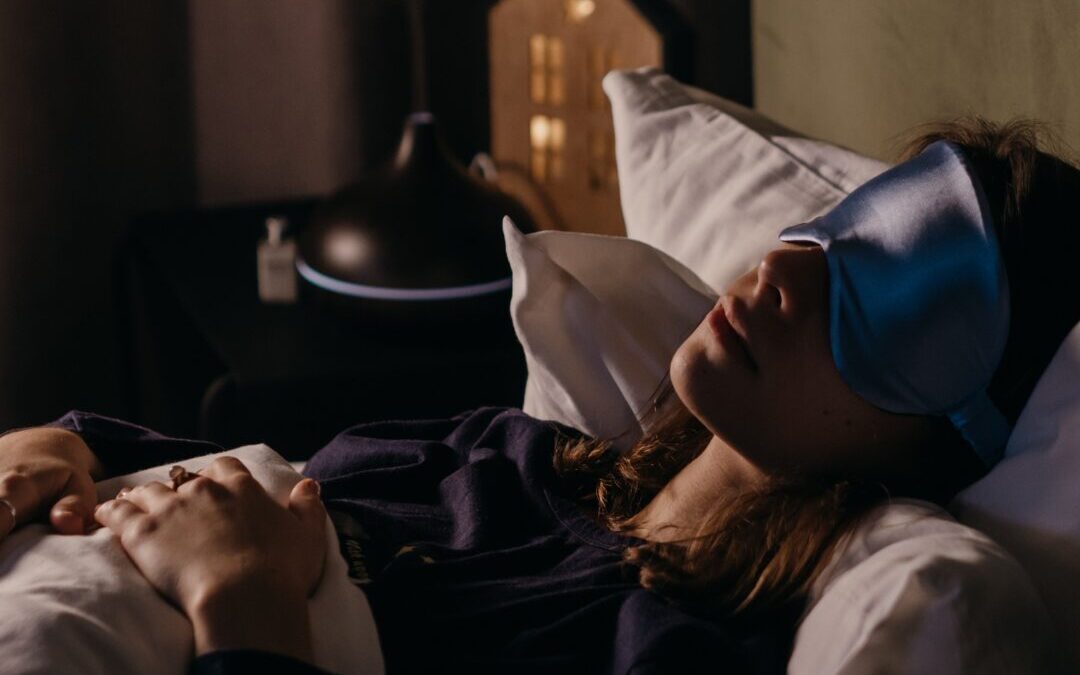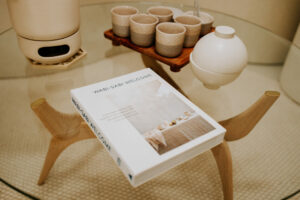The Role of Pilates in Improving Sleep Quality Across a Woman’s Life Phases
Sleep is a vital part of overall health and well-being, yet many women face sleep disturbances at different stages of life. From adolescence to menopause, changing hormone levels, stress, and physical discomforts can all affect sleep quality. Pilates, with its emphasis on controlled movement, breathing, and mind-body connection, has been shown to offer significant benefits in improving sleep. In this post, we’ll explore the research on how Pilates enhances sleep quality, organized through the life phases of a woman, from general benefits across ages to its profound effects during menopause
1. Pilates and Sleep in All Ages: Laying the Foundation
Pilates is well-known for its benefits on flexibility, core strength, and posture, but its impact on sleep is equally profound. Research suggests that Pilates can regulate the autonomic nervous system, promoting relaxation and enhancing the sleep-wake cycle through mindful movement and controlled breathing (Xie et al., 2024). The exercises help balance stress levels, calm the mind, and prepare the body for restorative sleep.
In studies across different age groups, Pilates has been shown to reduce overall stress, which is often a leading cause of sleep disturbances. The integration of focused movement and mental concentration helps calm the mind, making it easier to fall asleep and stay asleep. Pilates can be beneficial for women of any age who struggle with insomnia or irregular sleep patterns.
2. Sleep Quality in Premenopausal Women: Managing Stress and Hormonal Fluctuations
For premenopausal women, fluctuations in hormones such as estrogen and progesterone can lead to disruptions in sleep patterns, often causing difficulty in falling asleep or staying asleep through the night. A study by Persaki et al. (2024) found that a 16-week Pilates program significantly reduced symptoms of insomnia, as measured by the Athens Insomnia Scale, in premenopausal women. This research highlights the role of Pilates in reducing insomnia and improving overall sleep quality during this transitional phase.
Not only does Pilates target physical fitness through strength-building and flexibility, but it also supports mental well-being by reducing anxiety and depression, which can both contribute to sleep disturbances. Pilates’ holistic benefits include mental and emotional health improvements, making it a powerful tool in managing the daily stress that often affects premenopausal women.
3. Pilates for Sleep During Perimenopause: Navigating Hormonal Transitions
The perimenopausal phase, which can begin several years before menopause, often brings significant hormonal changes that can disrupt sleep patterns. Night sweats, mood swings, and increased anxiety are common complaints during this time, often leading to fragmented and poor-quality sleep.
Pilates offers relief by promoting relaxation and reducing the frequency and intensity of menopausal symptoms that interfere with sleep. Regular practice has been found to alleviate physical discomforts such as back pain and muscle stiffness, which can further hinder sleep (Kavya, Prabha & Ponmathi, 2024). The mindful breathing techniques that accompany Pilates exercises also help regulate mood and decrease anxiety, creating a sense of calm that extends to nighttime rest.A recent study (Xie et al., 2024) found that Pilates had the most significant improvements in sleep quality scores in perimenopausal women. By focusing on the mind-body connection, Pilates helps women during this phase regain control over their sleep cycles, even as their bodies undergo hormonal shifts.

4. Sleep Improvement in Postmenopausal Women
The benefits of Pilates continue also in menopause. A 6-week intervention study (Ahmadinezhad et al., 2017) found that postmenopausal women who practiced Pilates showed significant improvements in their sleep quality, as measured by the Pittsburgh Sleep Quality Index (PSQI). The controlled movements and breathing patterns in Pilates help regulate the body’s autonomic responses, promoting deeper and more consistent sleep.
In addition, a study by Aibar-Almazan et al. (2019) showed that Pilates exercises reduce sleep disturbances and increase overall sleep duration in postmenopausal women. Pilates addresses not just the physical discomforts such as joint pain or muscle stiffness, but also helps reduce mental symptoms like anxiety, making it easier for women to fall into a restful sleep.
Conclusion: Pilates as a Lifelong Tool for Sleep Quality
Throughout a woman’s life, from her early adult years to postmenopause, Pilates offers a natural, non-pharmaceutical approach to improving sleep quality. Whether it’s managing stress in premenopausal women, mitigating insomnia symptoms in perimenopause, or addressing menopausal sleep disturbances, Pilates enhances both physical and mental well-being. It strengthens the body, calms the mind, and helps women navigate the unique sleep challenges that arise during various phases of life.
With its holistic approach to wellness, Pilates is not only an effective tool for improving sleep but also contributes to overall health and quality of life at every stage.
References
- Ahmadinezhad M., Kargar M., Vizeshfar F., Hadianfard M. (2017). Comparison of the effect of acupressure and pilates-based exercises on sleep quality of postmenopausal women: A randomized controlled trial. Iranian Journal of Nursing and Midwifery Research, 22.
- Xie W., Lu D., Liu S., Li J., Li R. (2024). The optimal exercise intervention for sleep quality in adults: A systematic review and network meta-analysis. Preventive Medicine, 183.
- Persaki D., Nieri A., Apostolidis N., Konstantinou E., Myrianthefs P. (2024). The Effect of Pilates on Quality of Sleep, Aerobic Capacity and Anaerobic Power in Premenopausal Women. Sleep Science, 17
- Kavya T., Prabha B., Ponmathi P. (2024). Ineffect of telebased modified pilates on menopausal symptoms and pelvic floor muscle dysfunction in premenopausal women. A randomized controlled trial. Fizjoterapia Polska, 2024.
- Aibar-Almazan A., Hita-Contreras F., Cruz-Díaz D., de la Torre-Cruz M., Jiménez-García J., Martínez- Amat A. (2019). Effects of Pilates training on sleep quality, anxiety, depression and fatigue in postmenopausal women: A randomized controlled trial. Maturitas, 124.

